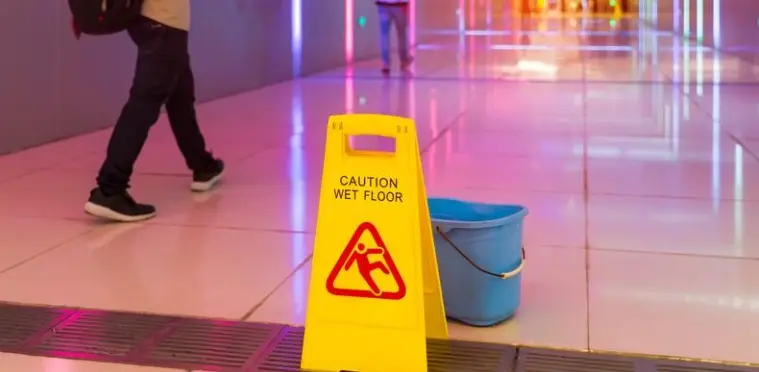
Wage garnishment is a legal procedure. Pursuant to a court order, your employer will withhold a part of your earnings (up to 25%) and send it to the sheriff to pay back your creditor. This subject is not something that you wish to talk about to your friends. However, it is something that you must discuss with a wage garnishment lawyer.
Your wage will be garnished if you have student loans, back taxes, unpaid judgments for credit cards, or child support debt. However, there are limits to wage garnishment if you know your rights.
A WAGE GARNISHMENT LAWYER TO PROTEST THIS COURT JUDGMENT
You have the right to protest a wage garnishment. To do this, you have to file papers with the court. Doing it on your own can be very difficult. Instead, you must hire a lawyer to help you file the right paper and ensure that your situation is resolved accurately.
Before your employer can garnish your wages, your employer must first receive a court order from the local sheriff. Your employer will start withholding a portion of your wages and that portion is sent to your creditor. You are also given information on ways to protest the order.
Your employer, however, can easily garnish your wage without a court order if the debt is for back tax, child support or student loan. However, if you stopped paying your credit card bills, your creditor can’t just begin garnishing your paycheck.
Before garnishing your wages, your creditors must sue you first and win the case. If they lose, they can’t garnish your wages. If they win, though, they must still get a court order before your employer can start garnishing your earnings.
But there are limits on how much creditors can get from your paycheck. The amount will not reach more than 25% of your disposable earnings unless you owe back taxes, in which case tax authorities can garnish up to 75% of your wages.
Your employer can’t fire you because of wage garnishment. However, if you are facing more than one garnishment, and your income is not enough to pay multiple creditors, you may file for exemption to stop the garnishment.
The federal law will not protect you from retaliation if more than one creditor will garnish your wages. That’s why it is vital that you protest the court order by filing the right papers with the court to ensure that you are getting a court hearing date.
During the hearing, you need to show the court evidence that your creditors can’t take part of your wages, otherwise it will create a hardship for you to pay for your daily living expenses.
If you can properly present the proof, the judge can stop wage garnishment. On the other hand, if the court can’t see any evidence to stop the garnishment, then it will leave it in place.
Wage garnishment, however, can take a huge part of your wages. Your employer will pay you a low minimum per week while giving the rest of your earnings to the IRS. That’s why you must talk to a lawyer to stop wage garnishment.
Hire a wage garnishment lawyer today to know more about how you can resolve this issue properly. Consult Tenina Law office to protest: (818)791-0344.






